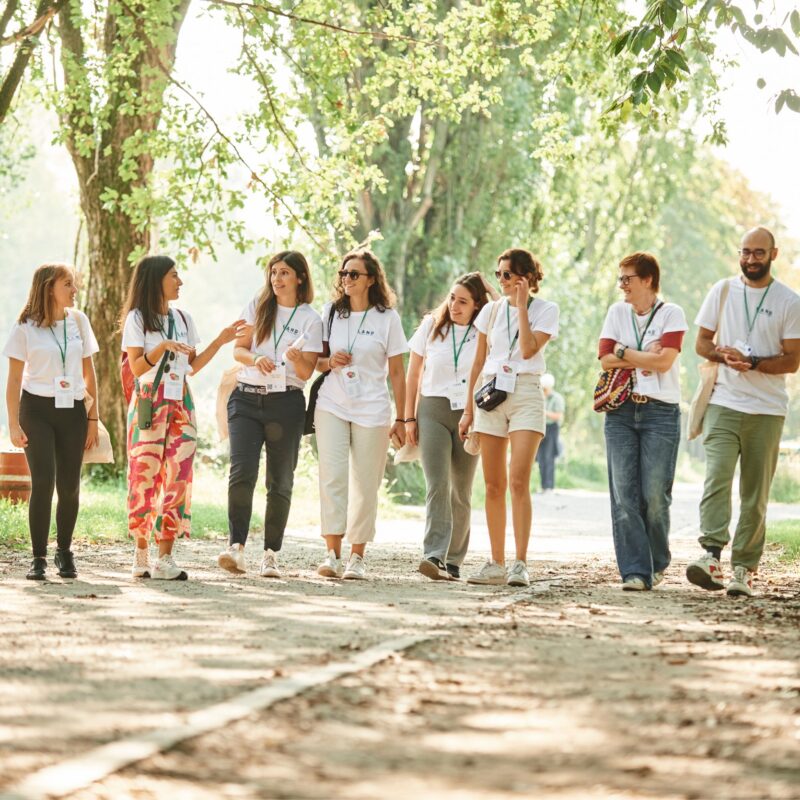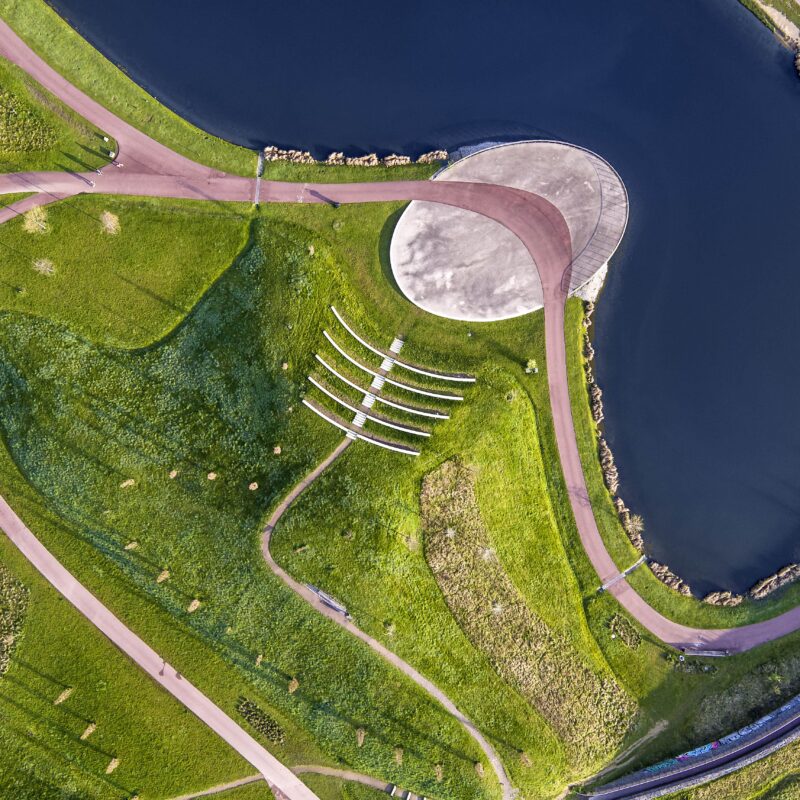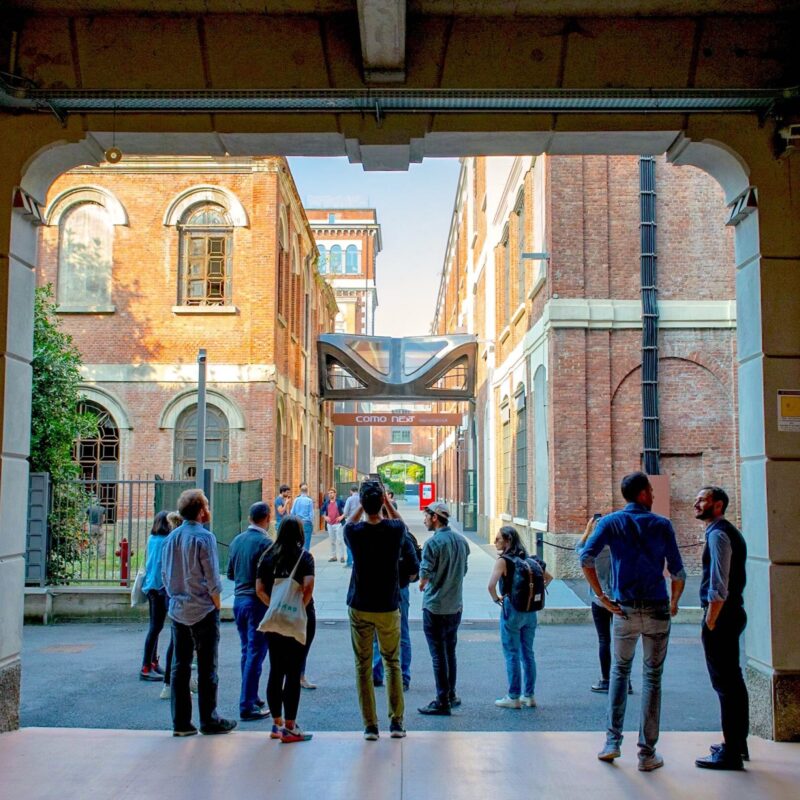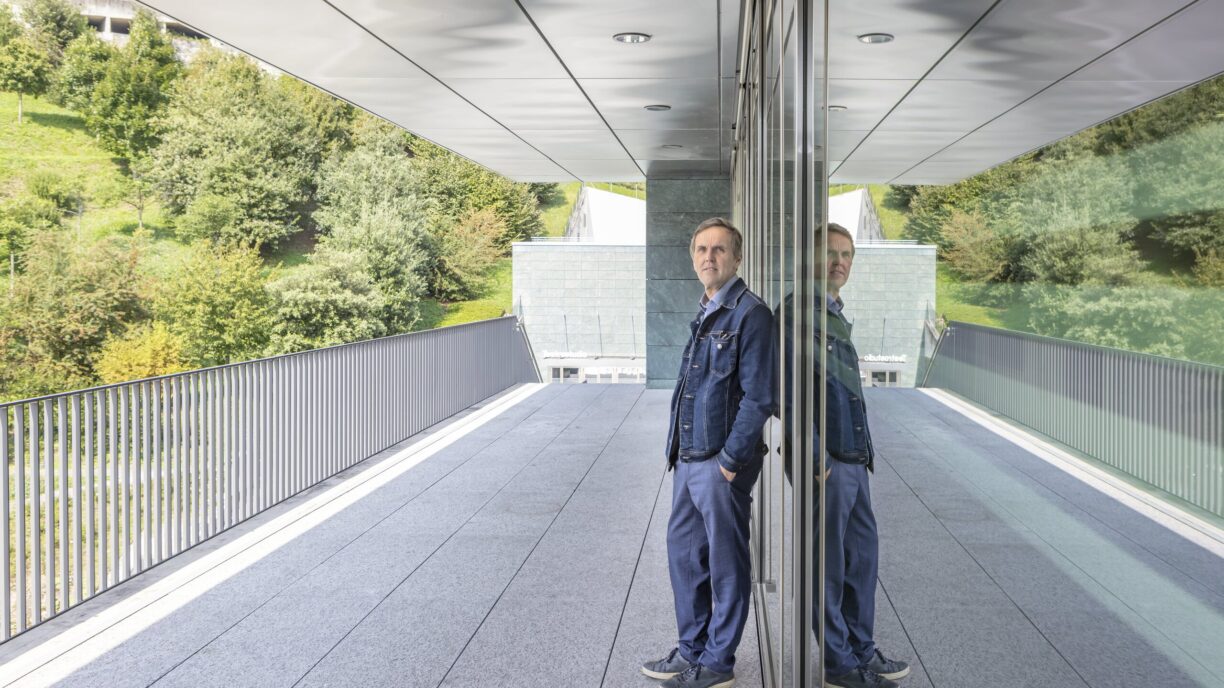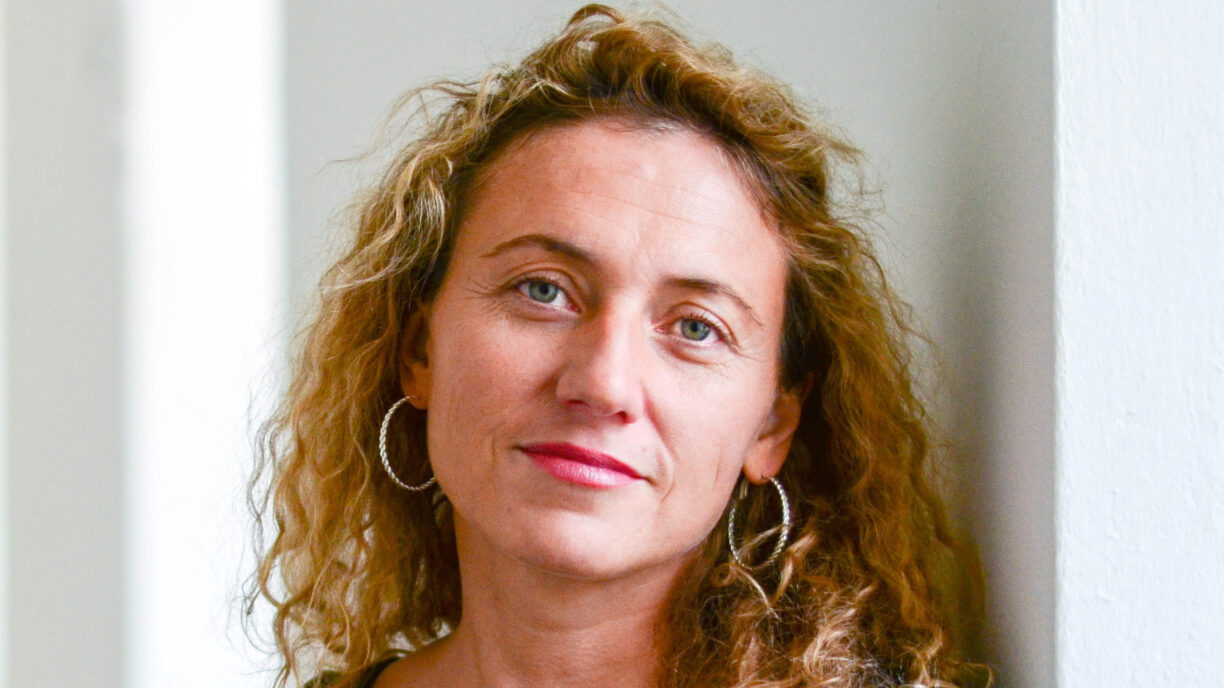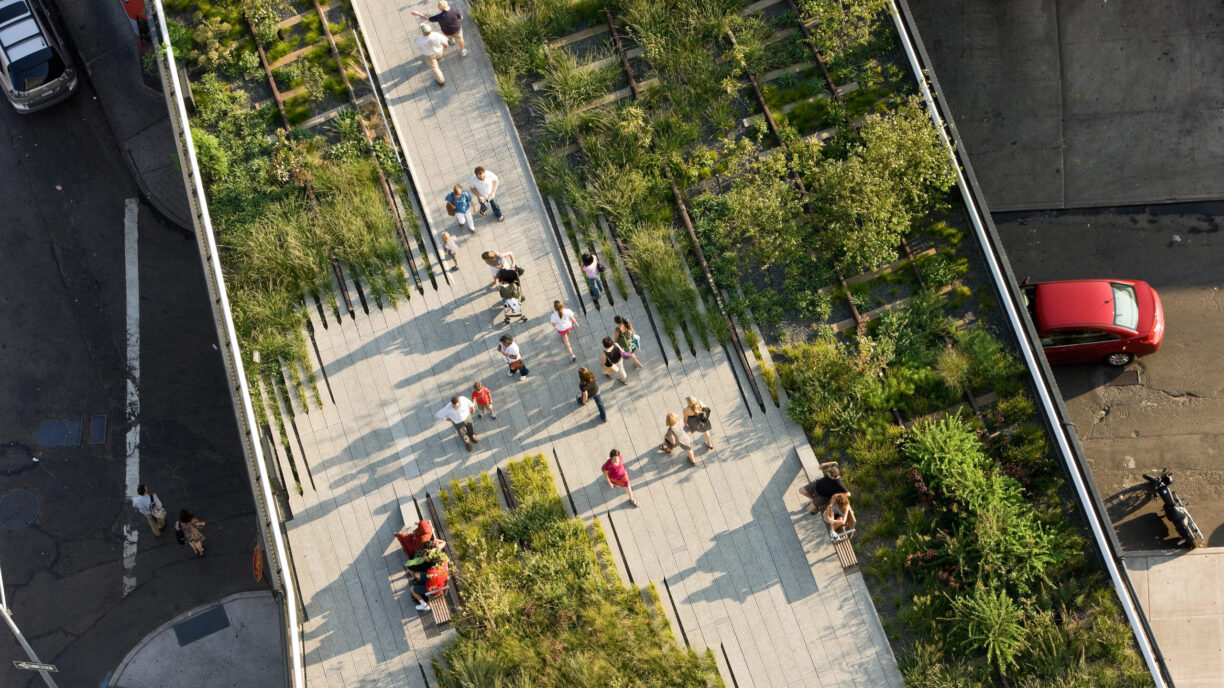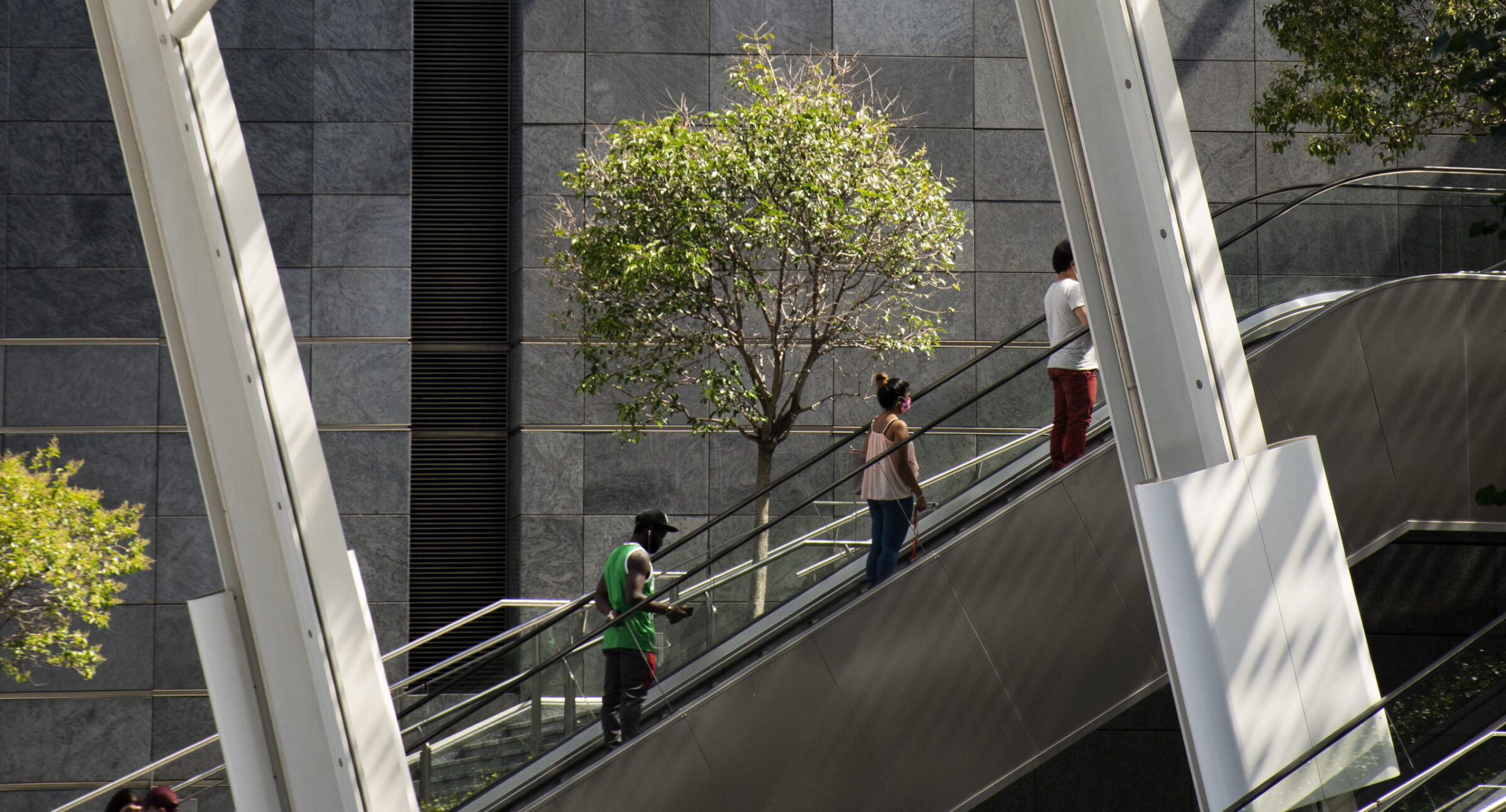
Step Up
Take a Stand
A conversation with Stefan Schurig, Secretary General Foundations Platform F20.
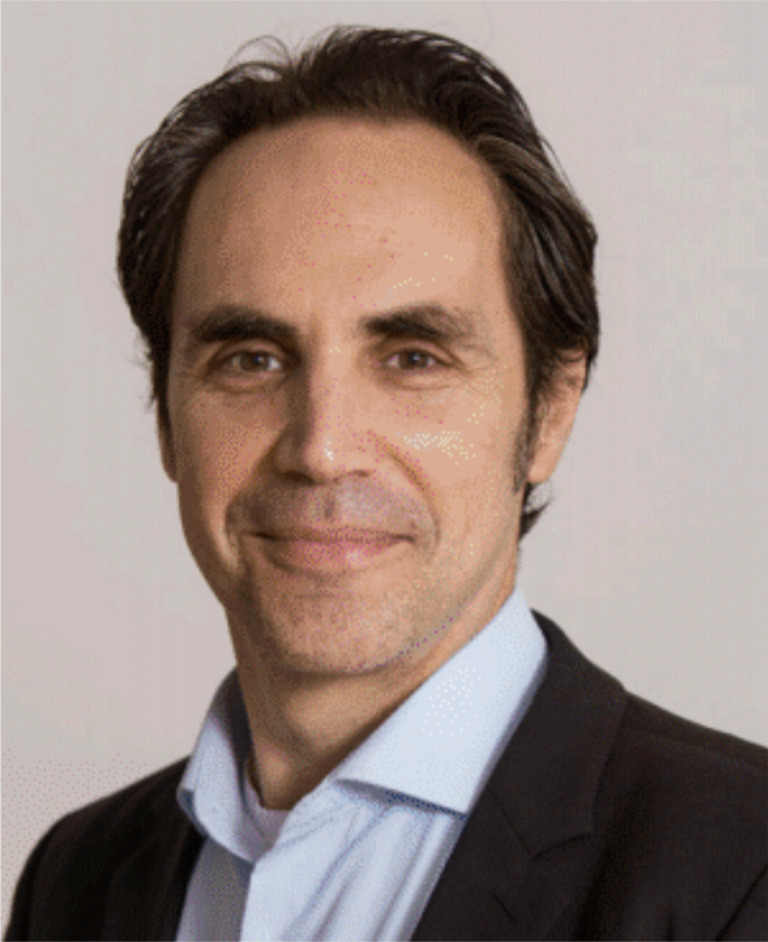
Stefan Schurig
In late September 2021, the F20 international platform held a“Climate Solutions Forum” in Milan to discuss current problems and come up with some guiding principles as the G20 summit in Italy approaches. The Foundations Platform F20 was established in Hamburg in 2017 before the G20 summit in Germany. As a co-founder of the Foundations Platform F20, the German Stiftung Zukunfsfähigkeit (Foundation for Sustainability), with headquarters in Bonn, advocates common approaches to encourage sustainable transformation processes. Questions to Stefan Schurig, Secretary General of the Foundations Platform F20:
Important issues at the F20 forum included the role of cities and implementing concrete local projects. A panel discussion at the Forum with Andreas Kipar revolved around the idea “that cities change because people change.” According to Kipar, “They want more green because they see themselves as a part of nature.” — Picture shows the access to the Porta Nuova area, part of the urban development project in the heart of Milan in which LAND is involved (2014). It realizes a vision of sustainability that brings together urban, infrastructural and environmental aspects.
Who are the members of the Foundations Platform F20, and what common goals do they have?
The Foundations Platform F20 is an international alliance of around 70 foundations from all G20 countries, with the exception, so far, of Korea. Independently from their own activities, the foundations act to provide G20 states with recommendations and calls to action. The primary focus is the call to bring the policies of G20 states into harmony with the Paris climate protection goals. The international foundations stress the urgent need to take action in view of the dramatic development of the climate crisis, to take a clear stand.

© Photo by Nicola Colella
What role can foundations play in this process?
We can analyze the remaining global carbon budget to see where we stand in terms of containing average global warming within 1.5 degrees. And foundations can contribute here in different ways. Large foundations can move billions of dollars or euros. The money doesn’t sit in a bank account, it gets invested. So as asset owners, they’re also important in financial markets when they take money out of funds that still rely on fossil fuels. And they offer an example for others to follow as well. But just as important is their social and political influence. And they can use it to urgently call for G20 countries to base their governmental policies on keeping within the 1.5 degree limit. That’s what’s decisive.
F20 isn’t the only player here. What makes it different from other groups?
The G20 States started out as an informal association during the 1999 financial crisis, with the goal of seeking out common solutions. Other issues were then added. As the regions with the strongest economies, our 20 countries produce 80 percent of the world’s greenhouse gases. Today the focus is on the issues raised by the UN’s sustainability goals. Thus there are different engagement groups within the G20, social actors who take up different issues during their respective G20 presidencies. There’s the B20 for business, the C20 with NGOs, the Woman20, the Urban20 and so on. So, new engagement groups that form for each G20 summit. What’s different about the F20 that we’ve built with the Foundations Platform is that over the years we’ve had a continuous and independent presence regardless of who holds the G20 presidency. So we can also support other engagement groups.
So what exactly was the Milan meeting about?
Here in Milan, we focused on three different issues in connection with the Italy G20 presidency. First of all sustainable finance, that is sustainable financial mechanisms. We really took a close look into the engine room to see what tools we had to get financial flows moving in the direction of renewable energy. The second issue was interdisciplinarity, with the goal of creating stronger connections between questions of biodiversity, climate protection, global food issues and health. These questions are closely related to each other, as the pandemic has shown us. And the third major issue was that any global political forum is only effective to the extent that it leads to solutions on the local level. This was our way of updating the familiar slogan “Think globally, act locally.” What feasible solutions are there in the area of urban development? What laws do we need, which resources need to be pushed in a sustainable direction? This was and is a major issue for community foundations, especially those in Italy and Germany, that are responsible for their own regions.
Read other Articles from this Edition
